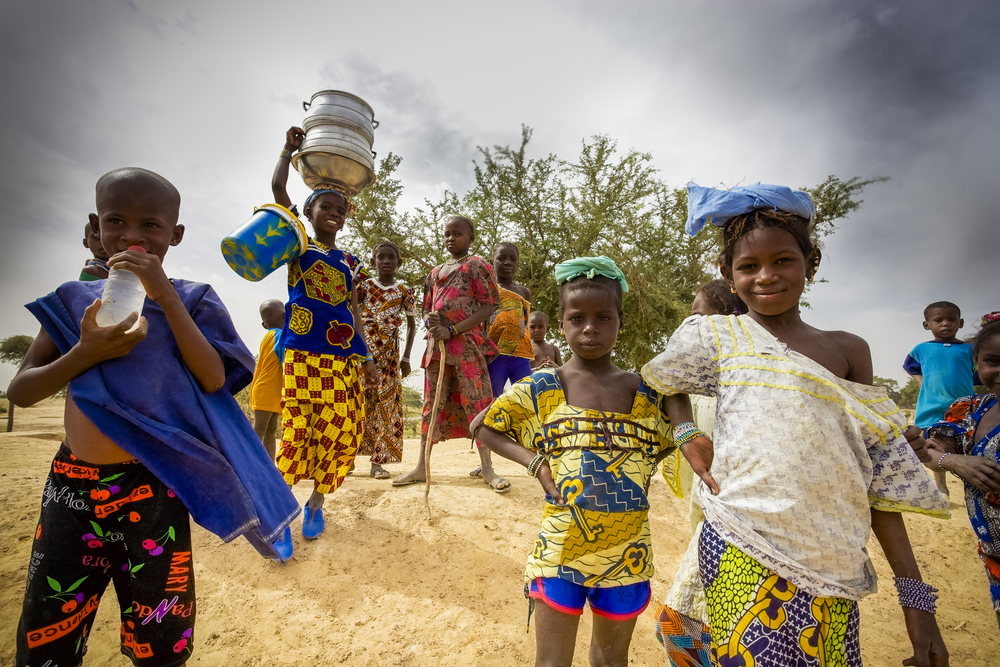West African bloc ECOWAS lifted economic and financial sanctions against Mali’s military government.
The move came after Mali vowed to hold elections in February 2024, returning the country to civilian rule. Borders will now be opened and diplomats are being allowed to return to the country.
“However, the heads of state decided to maintain individual sanctions and the suspension of Mali from ECOWAS, until the return to constitutional rule,” ECOWAS Commission President Jean Claude Kassi Brou said.
Sanctions were imposed on Jan. 9 after the military junta that seized power announced plans to extend its rule for five years.
The junta first took power in August 2020. A second coup was staged last May. In March, the bloc upheld sanctions on Mali over the military rulers of the Sahel country and continued to delay a return to civilian rule.
At the time of the latest sanctions, Mali already faced the worst food insecurity seen in 10 years, with over 7.5 million people in need of humanitarian aid, according to a report published by Action Against Hunger.
“Malians are already bearing the brunt of the humanitarian catastrophe, punctuated by horrifying attacks against civilians. Sanctions must not hold us back from delivering essential assistance in a country where drought, rising insecurity, and the economic impacts of COVID-19 are already pushing millions of Malians over the edge,” says Elena Vicario, Director for the Norwegian Refugee Council in Mali.
The sanctions have added a significant $300 million to Mali’s debt due to the sanctions after being cut off from the regional financial market and the regional central bank.








